How to Read Your Novel: Taking a Step Back
So with CampNaNo finally over, I threw my then-WIP into the cellar to rot for a couple months and pulled out my Big Baby-- the sci-fi, spy thriller, dystopian-ish, cyber punk young adult thingummy I drafted this past November, rewrote this past April-May, and put aside for a quick breather in July. I cheerfully fished it out of my files and decided to read through it just to get back into the rewriting/revising/editing groove.
It sucks.
 |
| I have no idea what this is from, but it is too accurate to not use. |
No, it really,
really sucks. Reading the first couple paragraphs felt like being stabbed in the stomach with a pitchfork. And if you think that's a graphic description
don't read those first couple paragraphs. Because that description, however graphic, does not even come close to explaining how I felt about my rotten little story.
And seriously, being stabbed in the stomach with a pitchfork is
not a pleasant sensation. It's more the kind of sensation that makes you want to pull the pitchfork out and run away and cry and maybe see a doctor. The
last thing it makes you want to do is sit down and start washing the blood off the prongs, bending them back into shape, taping the handle that splitting apart back together, and basically making the sharp, pointy thing that's sticking out of you look beautiful.
It's also the kind of sensation that makes you ask yourself "What was I thinking to leave sharp pointy objects lying around where I could so easily run right into them and get stabbed in the stomach???"
The problem was, I didn't know how to read my own story. And I think that a lot of us probably have that problem. We tend to scroll through our manuscripts alternating between "I'm a genius! This is the most awesome thing ever! Let's go publish it right now!" and (more often), "This sucks! I'm a horrible writer! Let's destroy this thing in the most violent way possible!" And with either of these attitudes, it's super hard to make our stories any better.
So, because I'm a nice, generous, I've done my best to find a
comparatively painless way to read through your novel, and I'll be sharing some tips with y'all over the next few weeks.
Aha!
Finally we get to the picture. Sorry for the super long introduction, but
it was so much fun to write about pitchforks I felt it was necessary.
Today I'm addressing the most important aspect of reading your novel (or anything else you've written), and that is taking a step back. You need to view your book objectively, through a perspective other than that of the author. When a writer reads his own story, it's hard for him to see what's good and what's bad. This is why we have beta-readers, but most of us don't want a beta to see our first-- or even our second or third-- draft. You need to become your own beta reader.
So take a step back. Think of it as a book somebody else wrote-- someone you don't know and someone who is definitely not you. Try to treat your novel as just another book on your TBR stack. You hope it will be good, but you know it might let you down, because books just do that, sometimes.
Try to emotionally distance yourself from your novel. When you run into a huge plot hole, don't think "Oh my word, this sucks! I need to fix this!", think, "Hmm... the author didn't do a very good job with the plot-- maybe it'll make sense later on?" You'll have time to fix everything later. For now, you just need to make note of any major problems, and it's not going to help to get worked up over them. (I'll talk more about this in a later post, so stay tuned.)
Another way to emotionally distance yourself from the novel is to keep telling yourself that you are not responsible for your story. As I was reading through my WIP, I would say things like, "I'm not the one who wrote this, I can't change any of this, I'm just reading a book, and when I'm done I'll decide whether I like it or not." (I probably looked insane, wriggling uncomfortably, grimacing, and muttering things under my breath, but I was alone in my room as always, so there was no one to see me.) Just saying, "I'm not responsible," relieves a ton of stress and can allow you to enjoy your novel objectively, without obsessing over the problems.
Once you've succeeded in seeing your novel from the perspective of a reader-- not the author-- it will be significantly easier to push through your manuscript, noticing the flaws, but not having hour long sob-fests every other paragraph.
How do you read your stories? Do you ever get overwhelmed by the sheer suckiness of them? Or do no one else's stories suck as much as mine do?

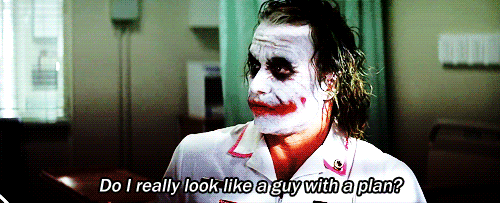

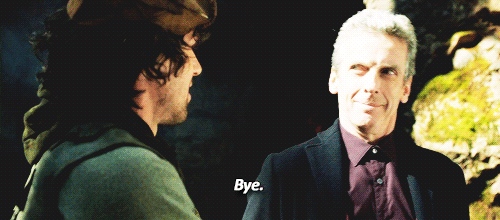





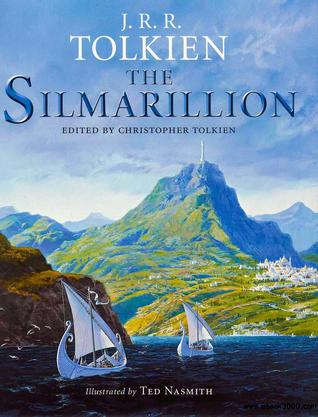
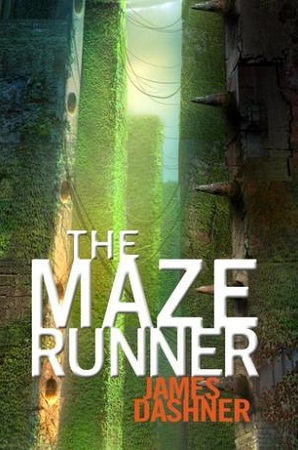


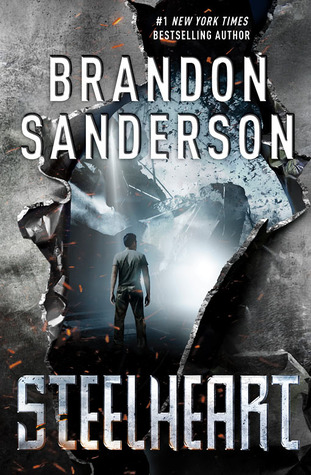
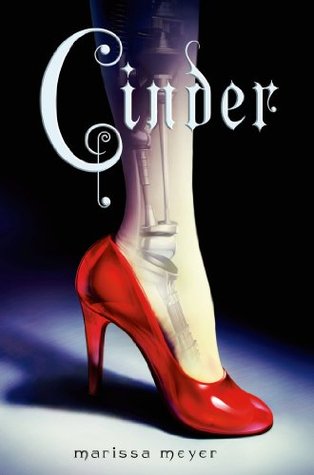

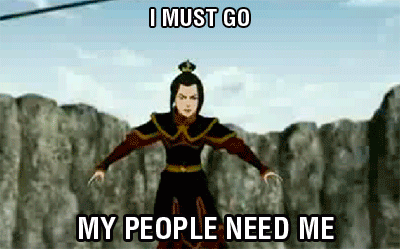

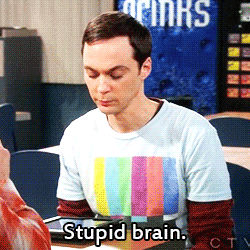







4 comments:
I adore comments! Just keep it clean and respectful...please no profanity and while I respect people's opinions and love a good argument, simply bashing my post is obviously not appreciated. :)